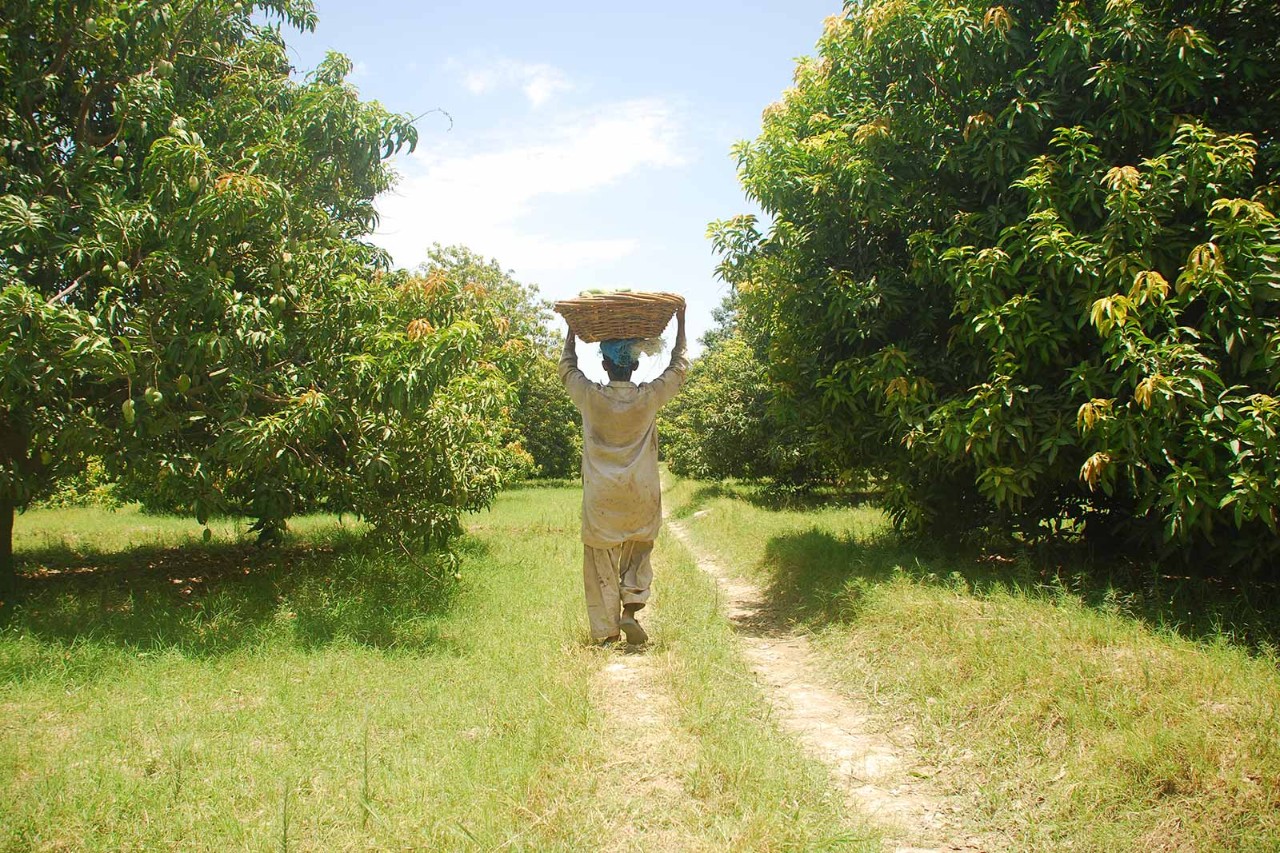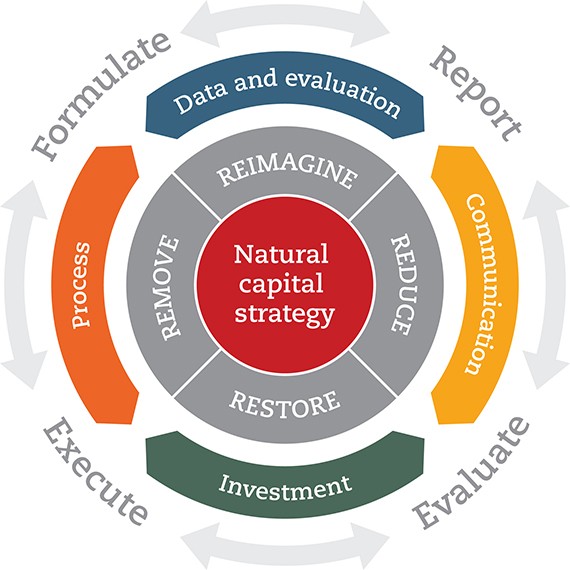
Pakistan’s economic footprint reveals a massive dependency on biodiversity and ecosystem services (BES) – the many and varied benefits provided by the natural environment. The country’s major economic drivers are mainly agriculture based and, if you start to unravel the value chains of its staple products, they reveal a significant reliance on BES.
With 220 million mouths to feed, there is fierce competition between citizens and commerce for the world’s most used BES, water. The age-old business cliché that you can’t manage what you don’t measure is apt. It is now all too evident that many forms of natural capital have not been managed and are being wasted. Now more than ever, it is imperative for Pakistan to both account for and pay for natural capital.
A new approach
An example of where accounting for BES can be beneficial is Pakistan’s world-famous mango industry. The crop – harvested every year from May right through to the end of the monsoons in September – has a huge dependency on fruit flies for pollination and climate patterns for ripening. It’s also a very thirsty crop that requires an abundant supply of fresh water; the latter in turn depends upon glacial melt into the rivers of Punjab as well as rainwater.
The pressure is now on the accounting profession to establish how to put a value on resources that have up to now been considered free
This single example demonstrates the importance of how resources that have been taken for granted are quickly becoming scarce. As we grapple with how to conserve them, the question facing commercial farmers and agri companies and their finance teams is how to bring the value of flying insects and water onto their balance sheets.
Assigning a value is an important step in recognising ‘natural capital’ – defined by the OECD as ‘natural assets in their role of providing natural resource inputs and environmental services for economic production’.
Role of accountants
The recently announced collaboration between Pakistan’s Ministry of Climate Change, the UK Statistics Authority and the UK High Commission, which aims to introduce the concept of a natural capital accounting system, is a welcome and innovative step forward.
As a result, the pressure is now on the accounting profession to establish how to put a value on resources that have up to now been considered free, and how to account for these on financial statements. As with financial capital, what are required are globally accepted standards for valuing, and reporting on, natural capital.
The best outcome for society will be the ability to compare one enterprise’s usage of BES – including how they are depleting, maintaining or adding to its value – with another’s, just in the same way as shareholders view reporting on financial capital.
Accountants can also play a complementary role in defining the connectivity between financial and natural capital, as well as by adopting environmental, social and governance, and integrated reporting standards and frameworks.
Practical steps
ACCA’s recent report series, Professional accountants changing business for the planet: a guide to natural capital management, provides a comprehensive practical guide to natural capital management and sets out six important steps (reflected in the graphic below) to enable organisations to implement an effective strategy:
- Know your natural capital impacts and dependencies.
- Determine your options using the 4Rs: remove and reduce impact; restore what has been damaged; and reimagine success.
- Decide which options to pursue.
- Put in place good corporate governance.
- Access green finance.
- Communicate.
With their combination of specialist business and finance skills, professional accountants hold a multitude of roles in business and on behalf of society. As accounting for natural capital becomes increasingly important in a world of diminishing resources, the profession must be prepared to step up to its most crucial role yet.

For more information
Visit ACCA’s sustainability resources to find out more about the issues relating to sustainability, the impact on organisations and the part you can play.